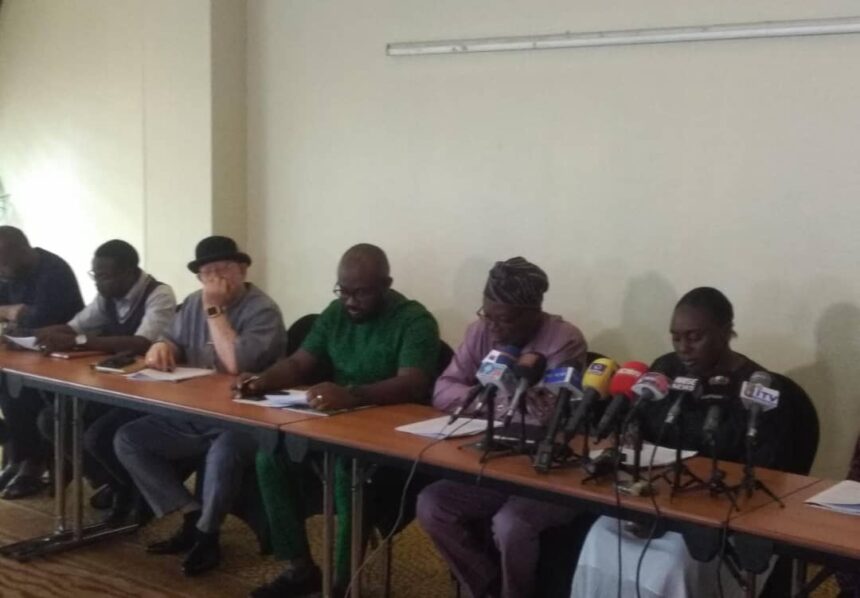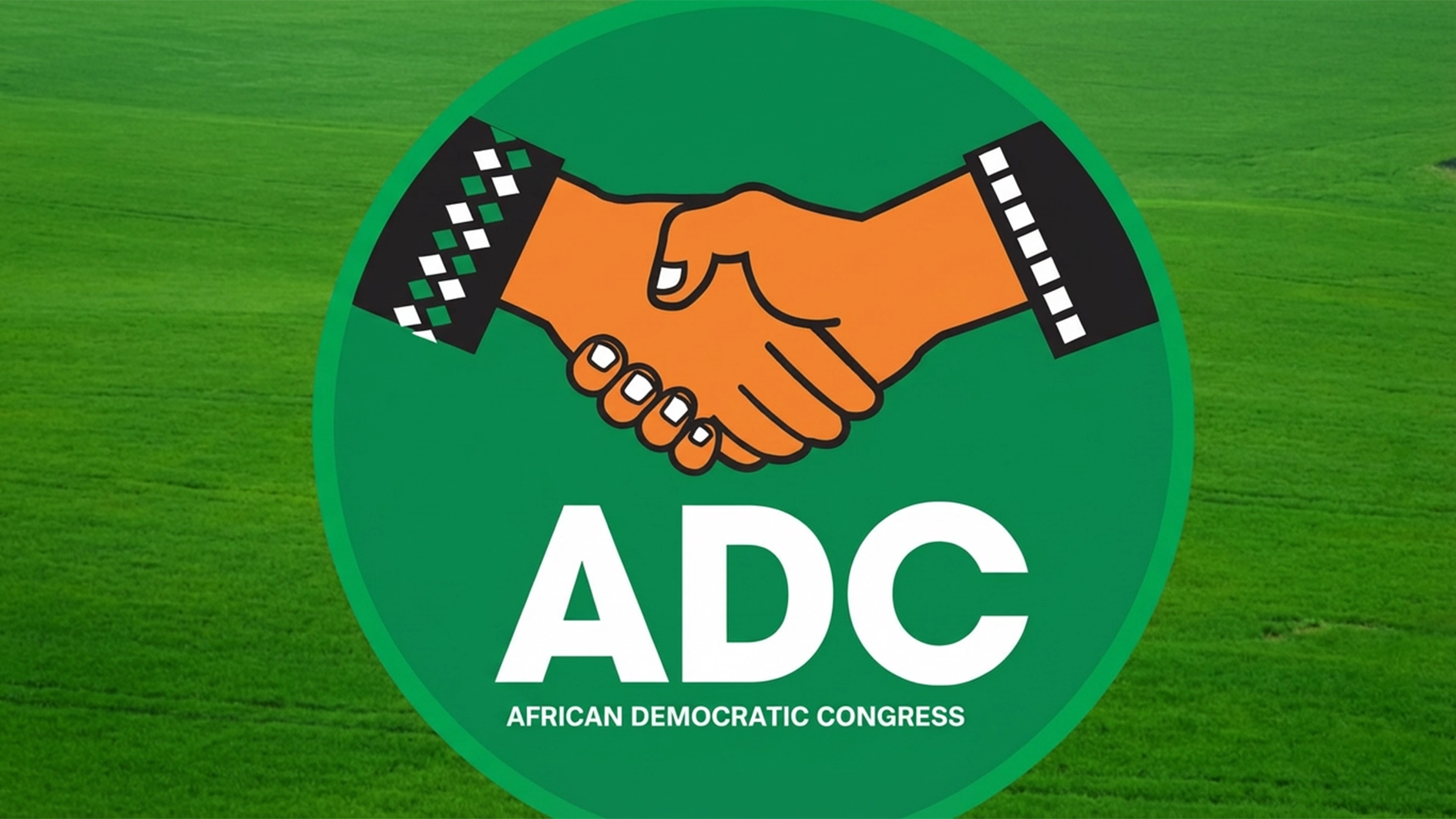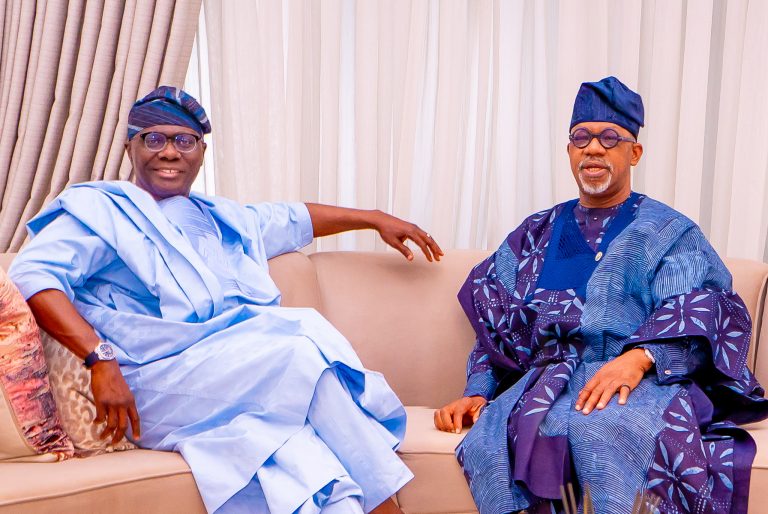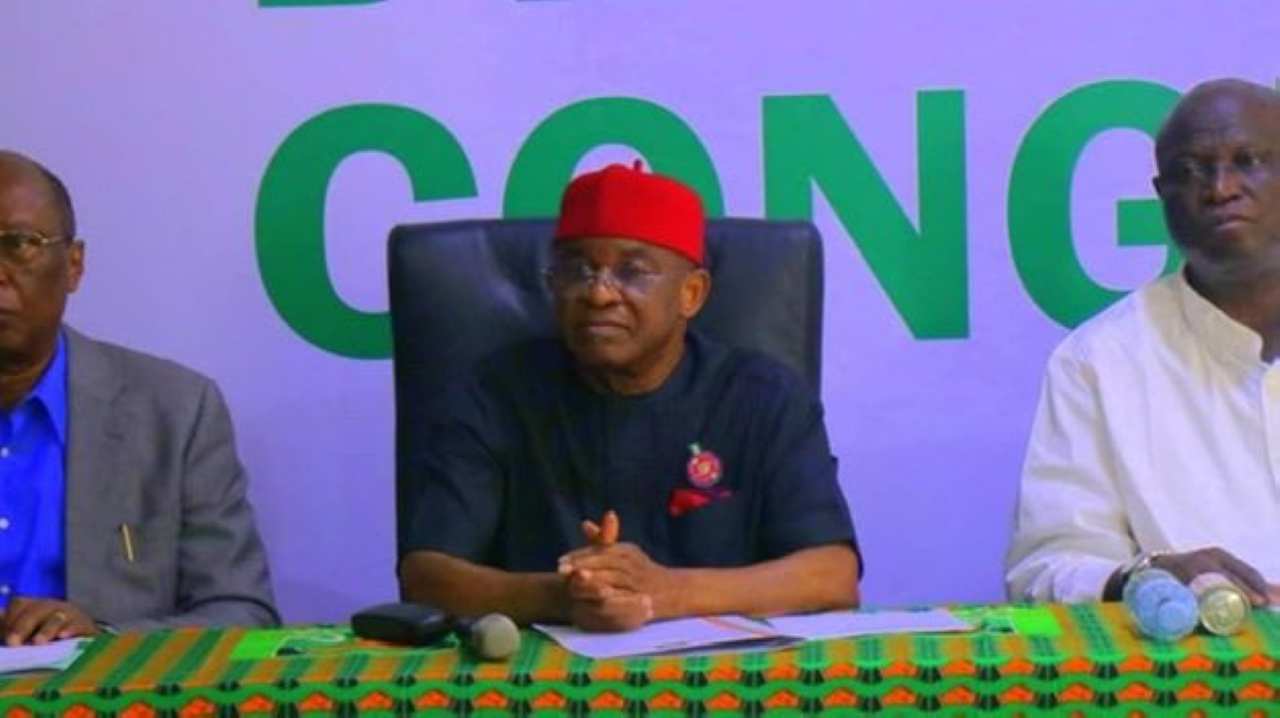
As the National Assembly embarks on another round of electoral reforms, Civil Society Organizations (CSOs) have presented the Citizens’ Memorandum, containing 37 recommendations designed to guide lawmakers and all election stakeholders on priority areas in need of immediate attention.
The CSOs who drafted the document on behalf of citizens include the Centre for Media and Society (CEMESO), Civil Society Legislative Advocacy Centre (CISLAC), Corporate Accountability and Public Participation Africa (CAPPA), Elect HER, International Press Centre (IPC), International Institute for Democracy and Electoral Assistance (IDEA), and Justice, Development and Peace Makers Centre (JDPMC) Osogbo.
Others are: Justice Development and Peace Movement (JDPM) Oyo, Justice Development and Peace Initiative (JDPI) Ekiti, The Kukah Centre, Nigeria Women’s Trust Fund (NWTF), Policy and Legal Advocacy Centre (PLAC), SOS Children’s Villages (SOS), TAF Africa, and Yiaga Africa.
According to them, the proposals encapsulated in the Memorandum stem from a comprehensive analysis of the pressing challenges that have plagued the country’s electoral system for too long.
They noted that the proposals are the product of extensive research, input from key stakeholders, and, importantly, reflections drawn from citizens’ experiences during the 2023 general elections.
They also incorporated valuable recommendations from domestic and international election observers, who have called attention to areas requiring urgent reform if public trust must be restored in Nigeria’s democratic institutions.
According to them, the memorandum focuses on three core pillars of the electoral legal framework for the conduct of elections: the Constitution of the Federal Republic of Nigeria, 1999, the Electoral Act 2022, and INEC Regulations and Guidelines for Elections.
READ ALSO: CSOs laud ruling on Rivers lawmakers, claim Wike is vindicated
“Our recommendations have been carefully divided into two parts: Part I offers twenty-one (21) recommendations for constitutional alterations.
“These proposals aim to strengthen the independence of INEC, improve the processes for electoral adjudication, and refine key constitutional provisions to ensure fairness, transparency, and inclusivity in our electoral process.
“Part II presents sixteen (16) proposals for amending the Electoral Act 2022. These proposals address the inadequacies, complexities, and ambiguities that have hindered the efficient application of the Act.
“Our aim is to reposition the electoral legal framework against the backdrop of recent landmark judicial decisions that offer pathways for reform and to make the Act more reflective of our evolving electoral needs.
“These electoral reforms are designed to restore integrity, enhance efficiency, and ensure inclusivity in Nigeria’s electoral process, paving the way for more credible, fair, and democratic elections that will strengthen the nation’s political institutions and democratic culture.
“We are confident that the adoption of these reforms will go a long way in rebuilding public trust in Nigeria’s electoral process, enhancing the efficiency of our elections, and ensuring that the outcomes of elections reflect the true will of the people.
“On behalf of all the Coalition of Civil Society Organizations, we express our deepest appreciation to the National Assembly, INEC, civil society organizations, political parties, and other key stakeholders for their continued commitment to electoral reform in Nigeria. We also extend our gratitude to the press for your role in bringing these conversations to the forefront of public discourse,” they added.






